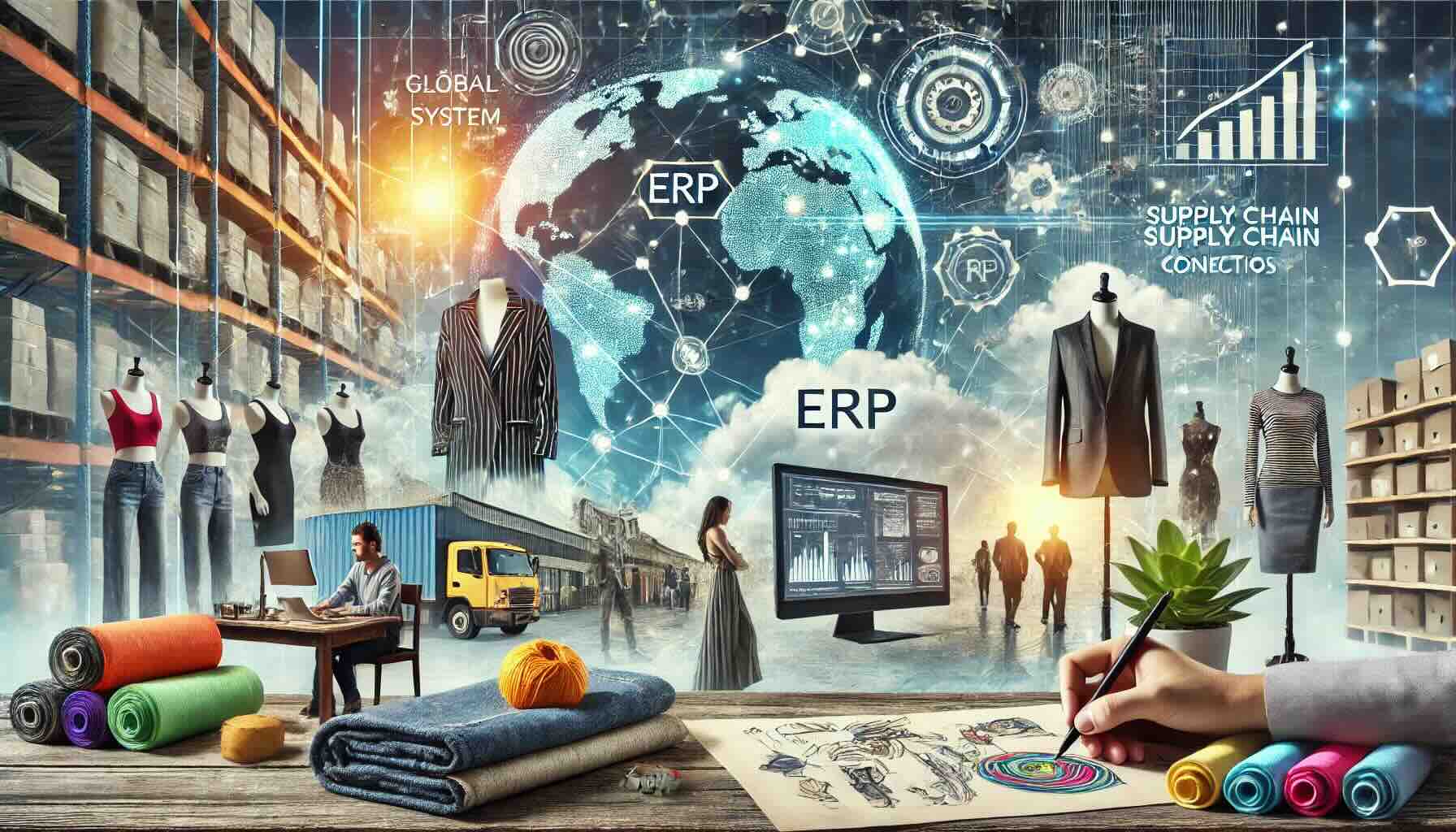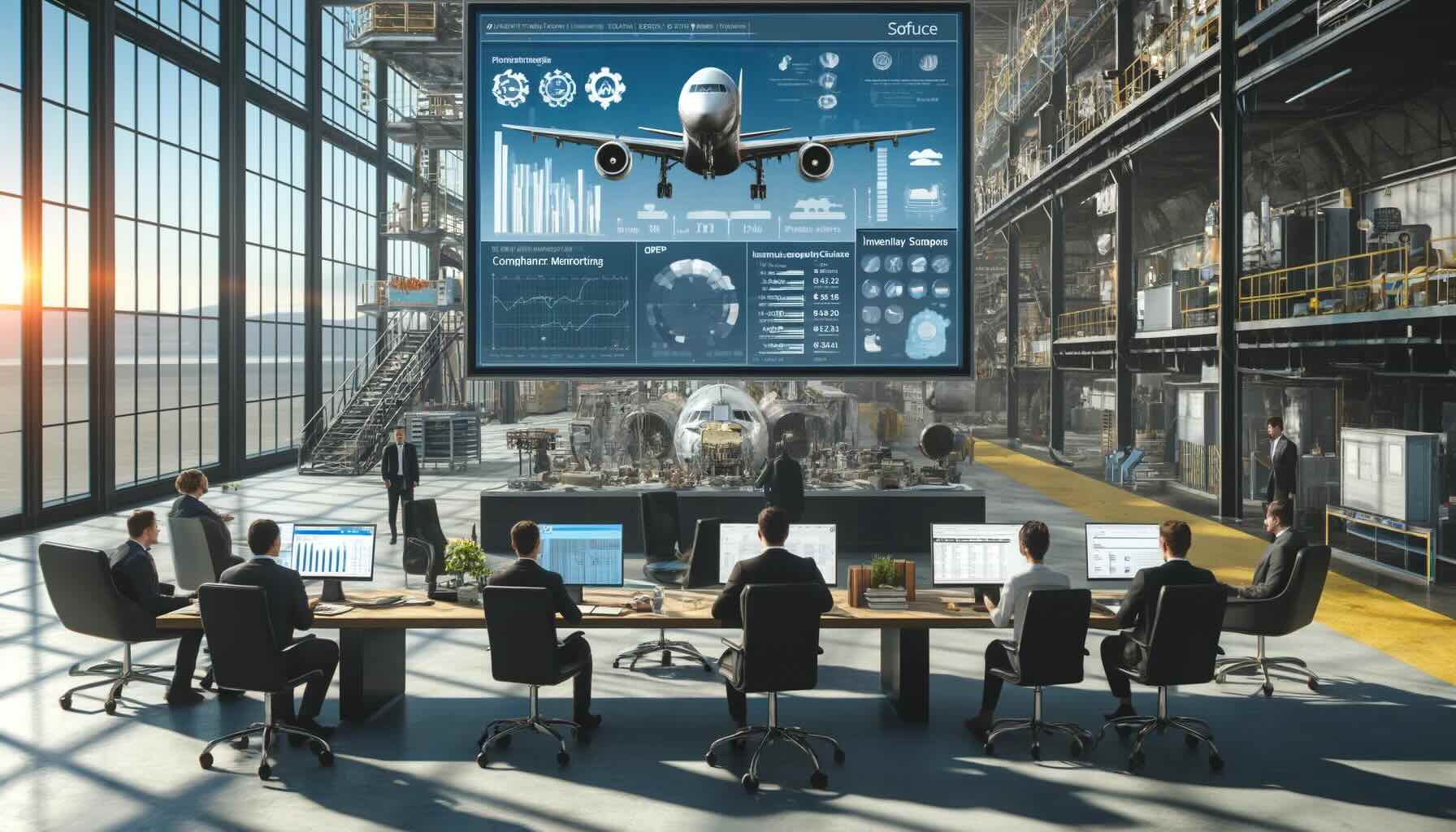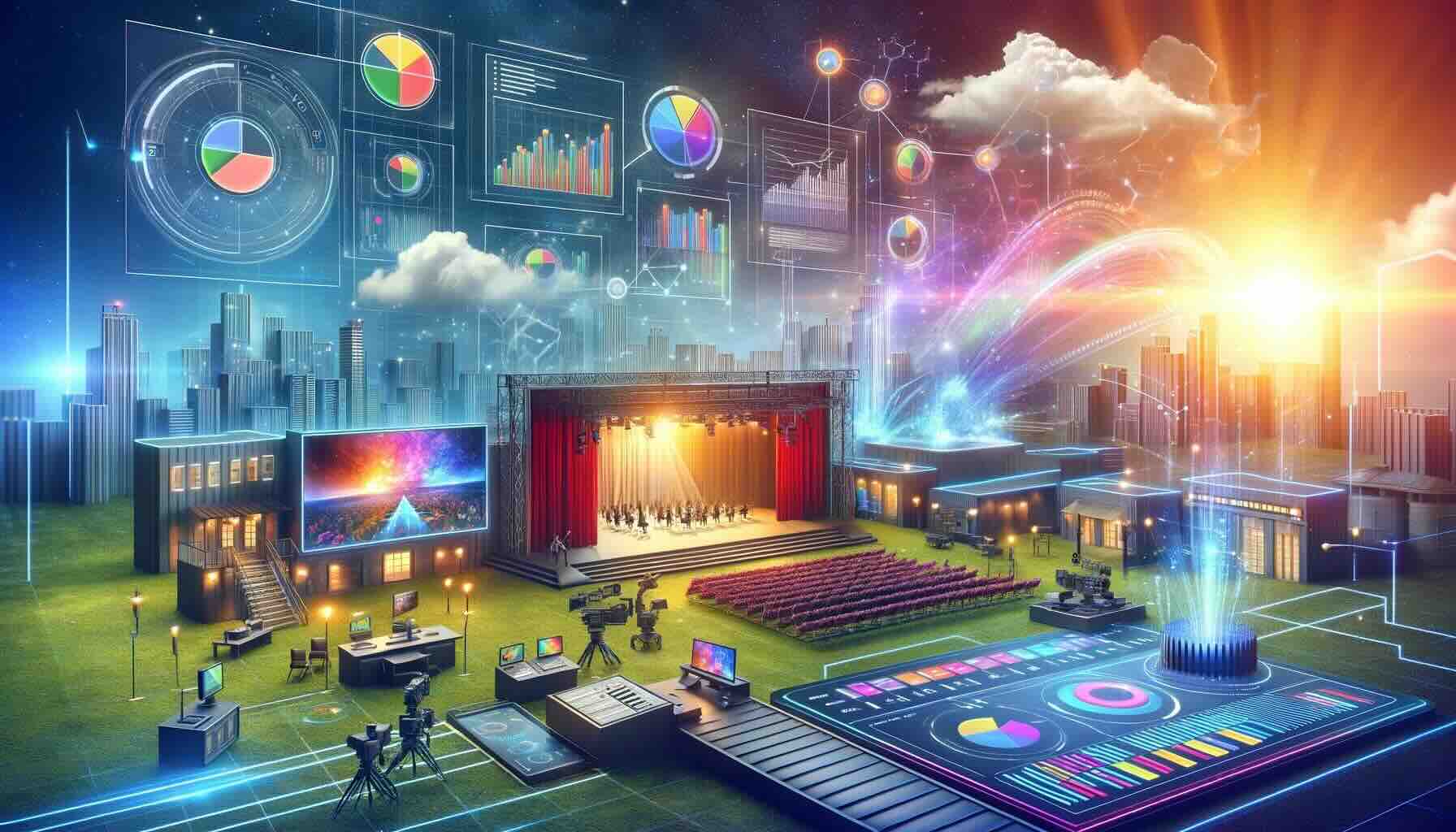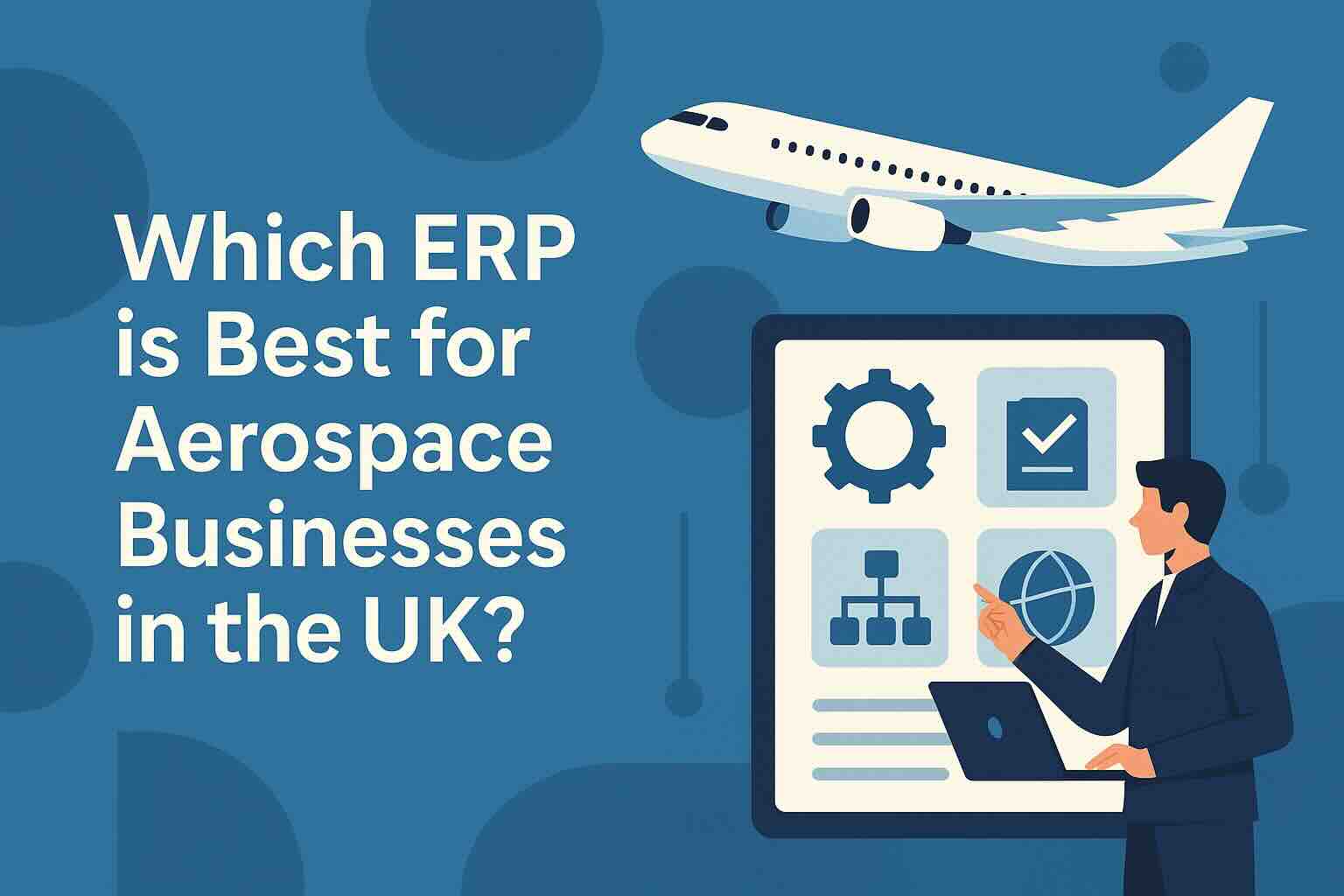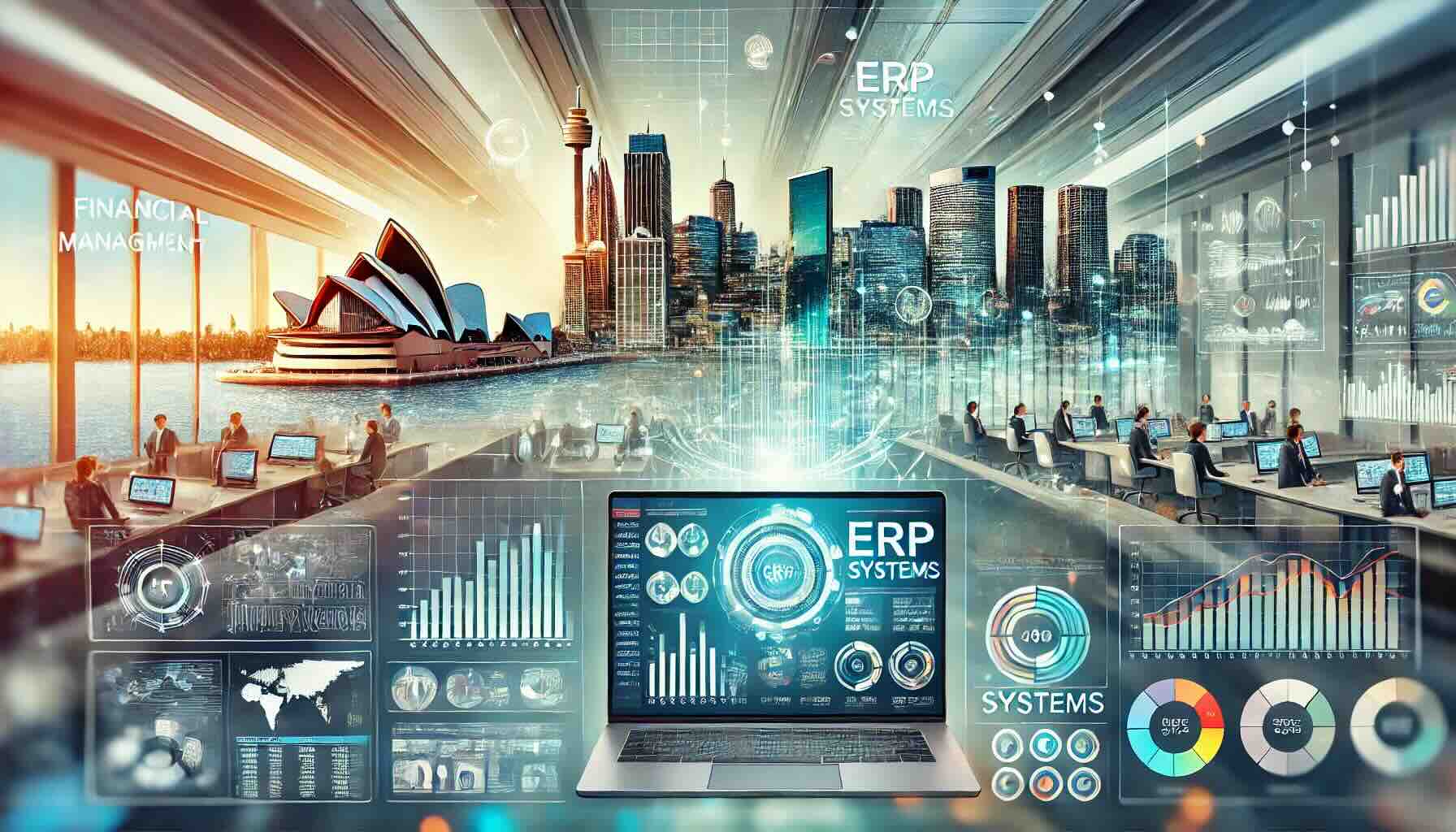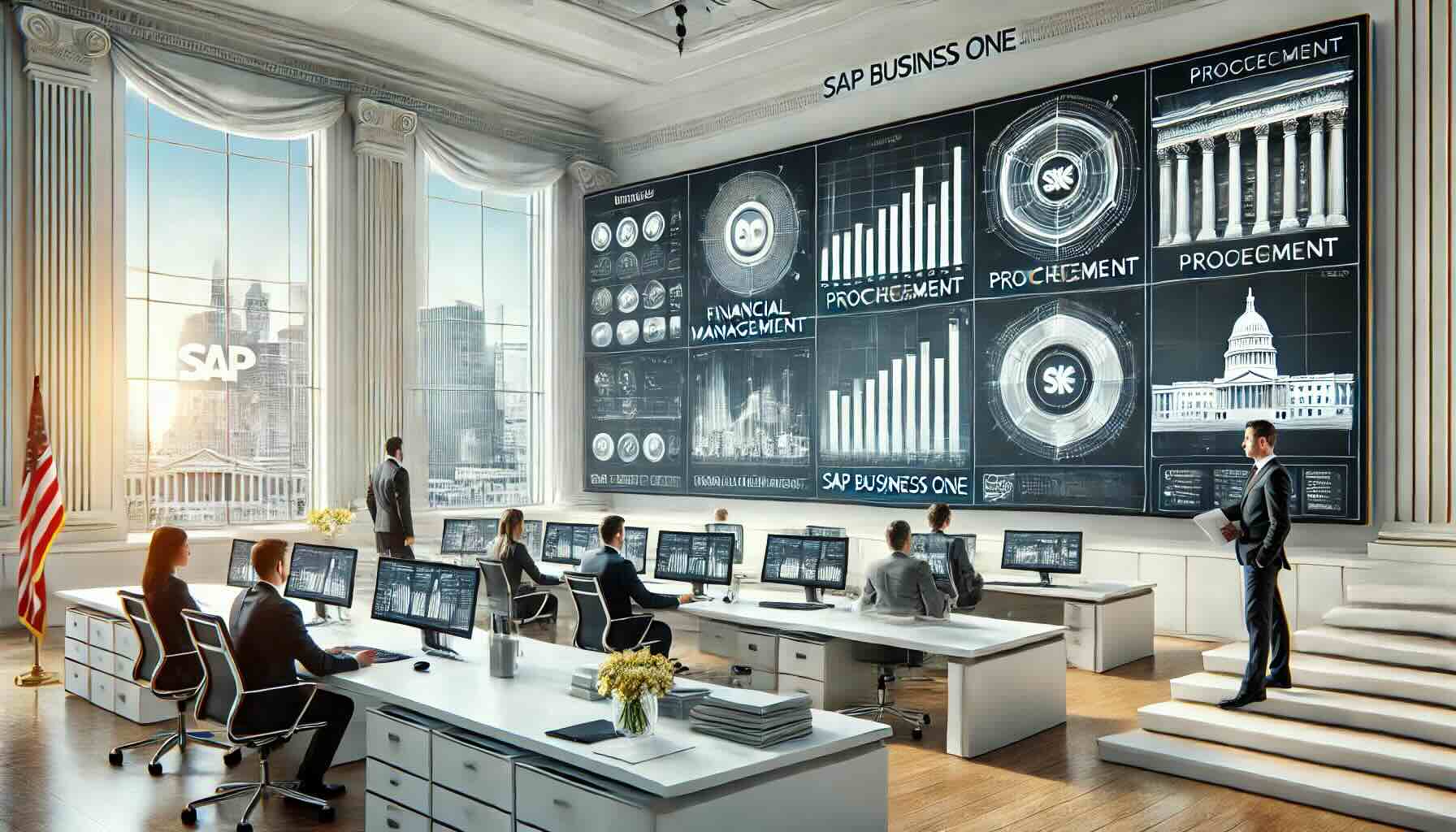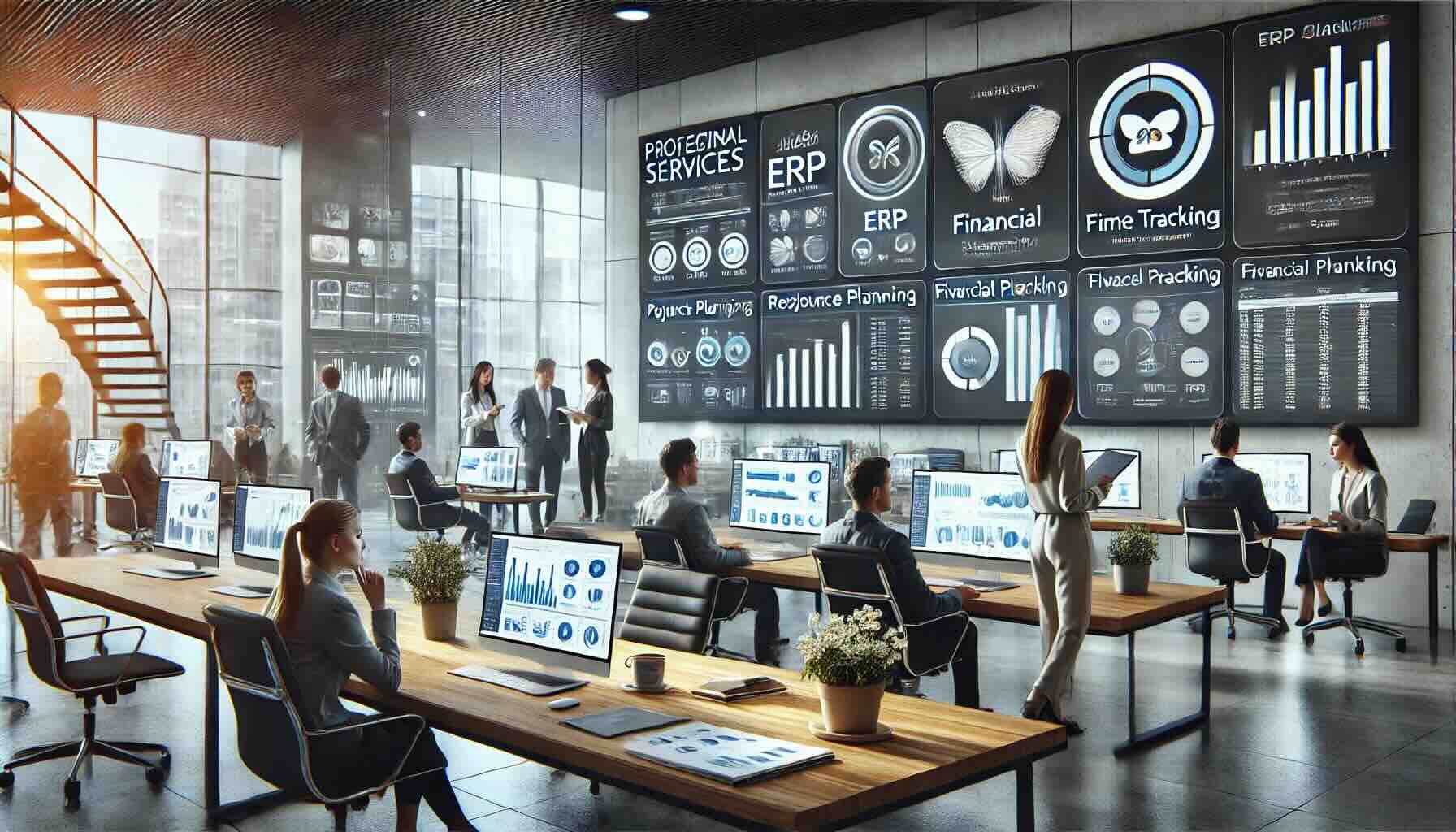Compare ERP for Chemicals
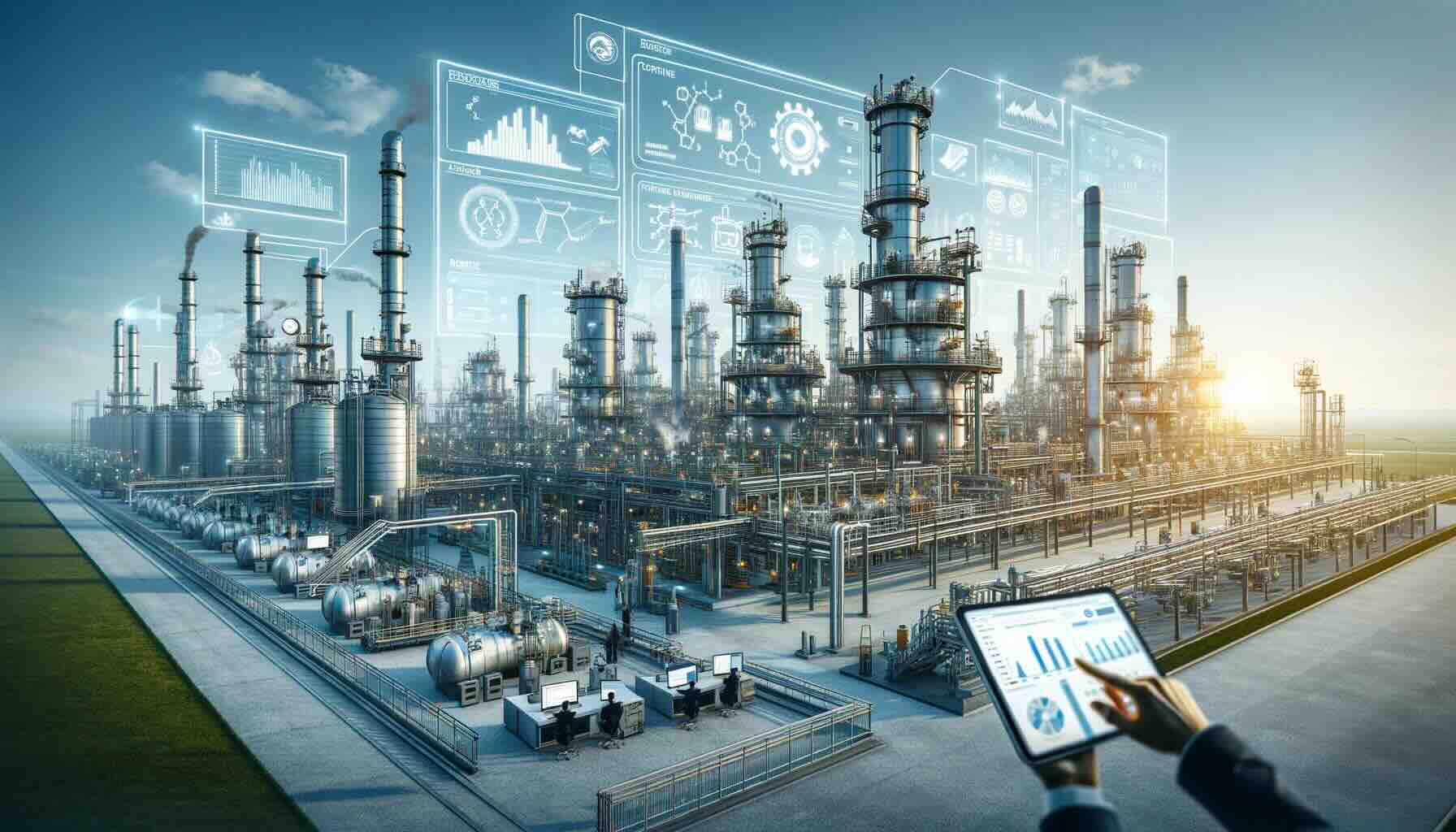
In the world of chemical manufacturing, where precision, compliance, and efficiency are not just goals but necessities, the choice of an Enterprise Resource Planning (ERP) system takes on critical importance. The chemical industry, characterized by its complex processes, intricate supply chains, and stringent regulatory requirements, demands an ERP solution that’s not just a tool, but a strategic ally. This industry needs systems that can flawlessly manage everything from hazardous material handling and batch processing to environmental regulations and quality control. As we embark on a comparative analysis of ERP solutions tailored for the chemical sector, it’s essential to recognize that the right ERP solution can dramatically transform operations, ensuring not only compliance and efficiency but also paving the way for innovation and growth. In this deep dive, we’ll compare ERP for chemicals solutions, highlighting each vendor’s strengths and weaknesses to help industry leaders navigate these critical decisions.
Acumatica
Strengths:
- Cloud-Based Flexibility: Acumatica’s cloud-based platform offers remarkable flexibility and scalability, vital for the ever-changing chemical industry.
- Efficient Data Management: The system excels in managing data crucial for tracking materials, batches, and processes, ensuring compliance.
Weaknesses:
- Limited Market Presence: Acumatica’s smaller market footprint may lead to concerns regarding community support and availability of industry-specific resources.
Click this link to find out more about Acumatica for chemicals.
Oracle Cloud ERP
Strengths:
- Comprehensive Suite: Oracle Cloud provides a robust solution with advanced analytics, integration capabilities, and a global support network.
- Supply Chain Mastery: It excels in managing complex supply chains and regulatory compliance, critical for the chemical sector.
Weaknesses:
- Implementation Complexity: The extensive functionalities can lead to a steeper learning curve and potentially higher implementation costs.
Click this link to find out more about Oracle Cloud for chemicals.
IFS Cloud
Strengths:
- Industry-Specific Features: Tailored functionalities for asset management, project management, and maintenance align well with chemical industry requirements.
- Lifecycle Management: IFS Cloud is adept at managing the lifecycle of chemicals, offering transparency in production processes.
Weaknesses:
- Limited Broad-Scope Capabilities: IFS Cloud’s intense focus on specific verticals might leave gaps in broader industry needs.
Click this link to find out more about IFS Cloud for chemicals.
Infor
Strengths:
- Formula and Quality Management: Strong capabilities in formula management, regulatory compliance, and quality control are Infor’s highlights.
- Micro-Vertical Focus: Infor’s approach addresses the specific challenges faced by different segments within the chemical industry.
Weaknesses:
- Integration Hurdles: Infor may require more custom development for integration compared to other ERP solutions.
Click this link to find out more about Infor for chemicals.
Syspro
Strengths:
- Ideal for SMEs: Syspro offers a user-friendly interface with solid functionalities in inventory management and quality control.
- Simplicity and Usability: Its straightforward approach makes it suitable for smaller enterprises with less complex needs.
Weaknesses:
- Limited Advanced Features: For larger organizations, Syspro may lack the depth of features offered by more comprehensive ERP systems.
Click this link to find out more about Syspro for chemicals.
SAP S/4HANA
Strengths:
- Market Leader: SAP’s powerful solution boasts real-time data processing, advanced analytics, and a reputation as an industry leader.
- Comprehensive Capabilities: Strengths in supply chain optimization, regulatory compliance, and financial management stand out.
Weaknesses:
- Cost and Complexity: The complexity and cost of SAP S/4HANA may be prohibitive for smaller organizations.
Click this link to find out more about SAP S/4HANA for chemicals.
Conclusion
In conclusion, the journey to compare ERP chemicals solutions reveals a landscape of diverse offerings, each with its unique strengths and limitations. For the chemical industry, where the stakes of operational efficiency and regulatory compliance are high, the choice of an ERP system can significantly impact both day-to-day operations and long-term strategic goals. This analysis serves as a guide for industry leaders to make an informed decision, aligning their specific business needs with the capabilities of these ERP vendors.
To compare these ERP solutions and many more, you can use our new AI-powered Compare ERP tool. It’s free to use and you get a guaranteed discount on your first year’s licence fees with a referral from Compare ERP.
